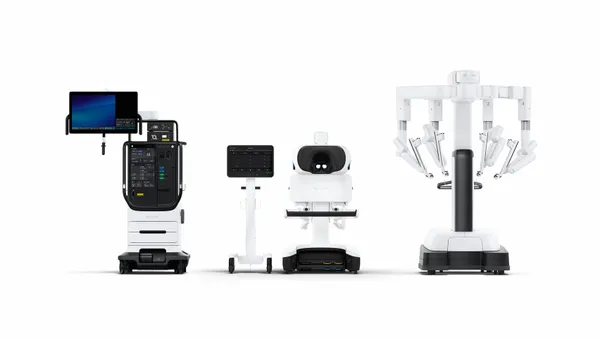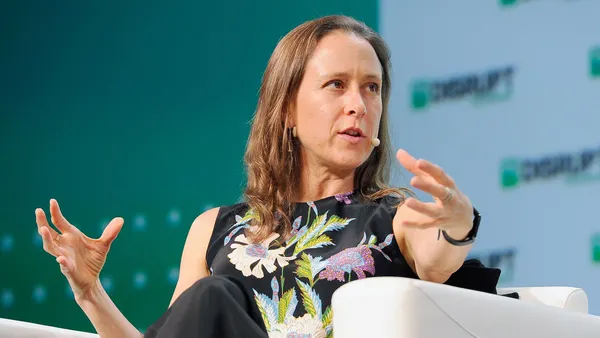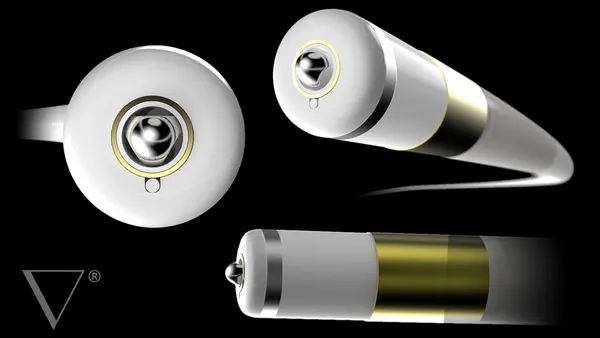Dive Brief:
-
Philips has posted 5% growth in comparable sales in the fourth quarter in the face of a "more challenging environment," which includes the continued impact of tariffs between China and the United States.
-
The growth resulted in Philips just beating analysts' revenue expectations for the quarter and full year.
-
With orders increasing by 10% in the fourth quarter, Philips retained its forecast for 4% to 6% sales growth in 2019.
Dive Insight:
Philips has ended the year with a quarter that met or exceeded expectations and contained causes for optimism going forward. Fourth quarter sales came in at €5.6 billion ($6.4 billion), resulting in Philips hitting its full-year targets.
Philips CEO Frans van Houten attributed the performance, in part, to "strong growth in long-term strategic partnerships," adding that the health-tech company has a "very healthy opportunity funnel" of such deals. Viewed in conjunction with the 10% order growth, the results suggest Philips is well set to hit its targets for 2019 and beyond.
However, beneath the positive headline figures there is evidence that Philips is yet to resolve issues that blighted it throughout 2018.
"On headline numbers, Philips reported a decent update," ING analyst Marc Hesselink wrote in a note cited by Reuters. "Underlying, the quality of the beat was lower [as] Connected Care & Healthcare Informatics was, like previous quarters, well below expectations."
Sales at the connected care business were flat in the fourth quarter and across 2018 as a whole. The sustained weak performance was underpinned by declining sales in North America, where revenues suffered a high-single-digit drop in the fourth quarter as a result of "softer market conditions."
The performance of the connected care business contributed to a weak overall quarter for Philips in North America. Sales in the region fell 2% on a like-for-like basis, offsetting growth in other mature markets and emerging geographies.
The trade war between the U.S. and China is among the factors affecting Philips' business in North America. Philips expects the tariffs to cost it $55 million over the course of 2019.
Philips CFO Abhijit Bhattacharya said the company is "taking necessary actions" to mitigate the effect of the tariffs, for example by moving production from the U.S. to China, and vice versa. However, it will take time for the actions to take effect, meaning Philips expects to bear most of the brunt of the tariffs in the first half of the year.
That is one of two headwinds that are expected to drag on performance early in 2019. Philips expects sales growth in the first quarter to come in below its 4% to 6% full-year targeted range as a result of a recent fire at a supplier. Bhattacharya thinks these sales will be deferred to later in 2019, not lost.












